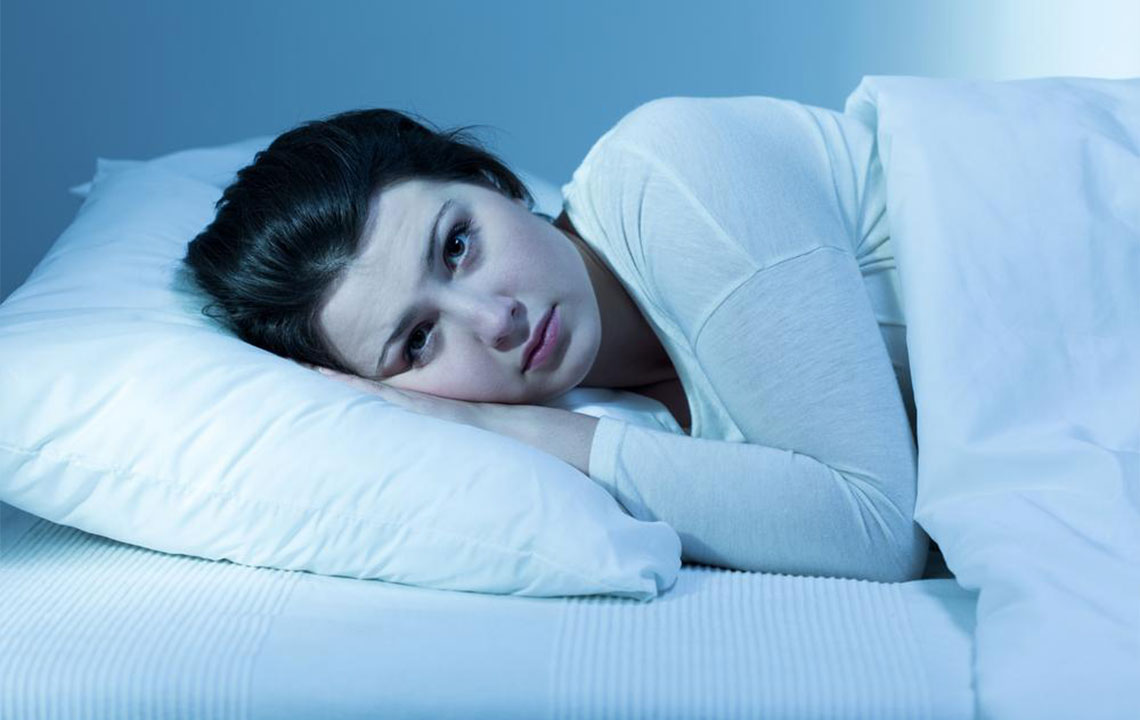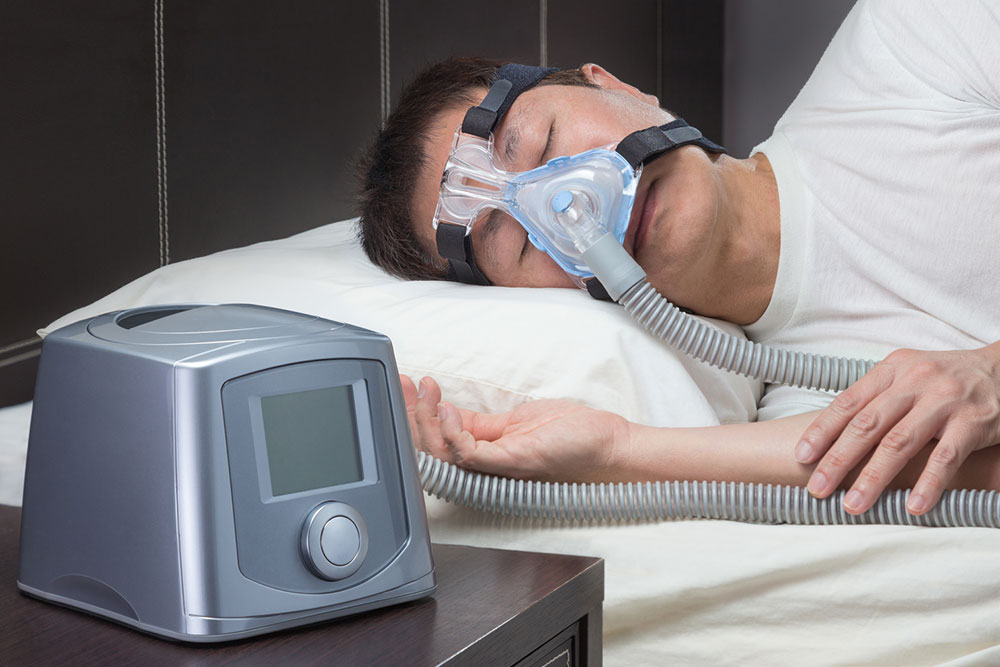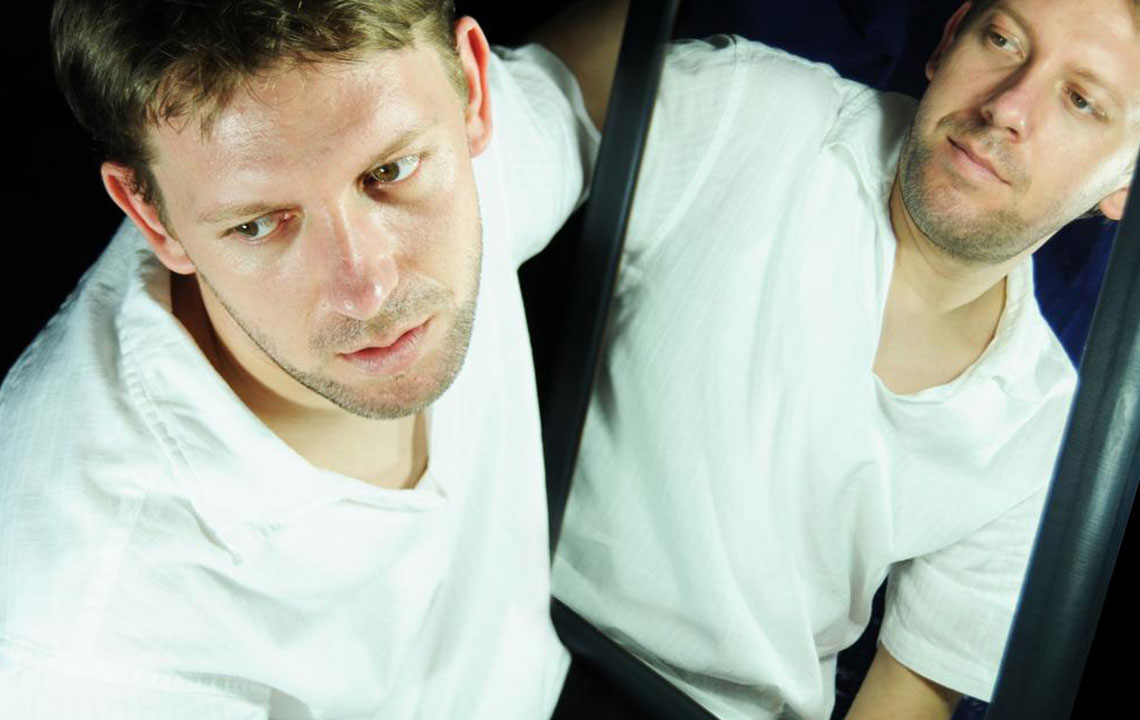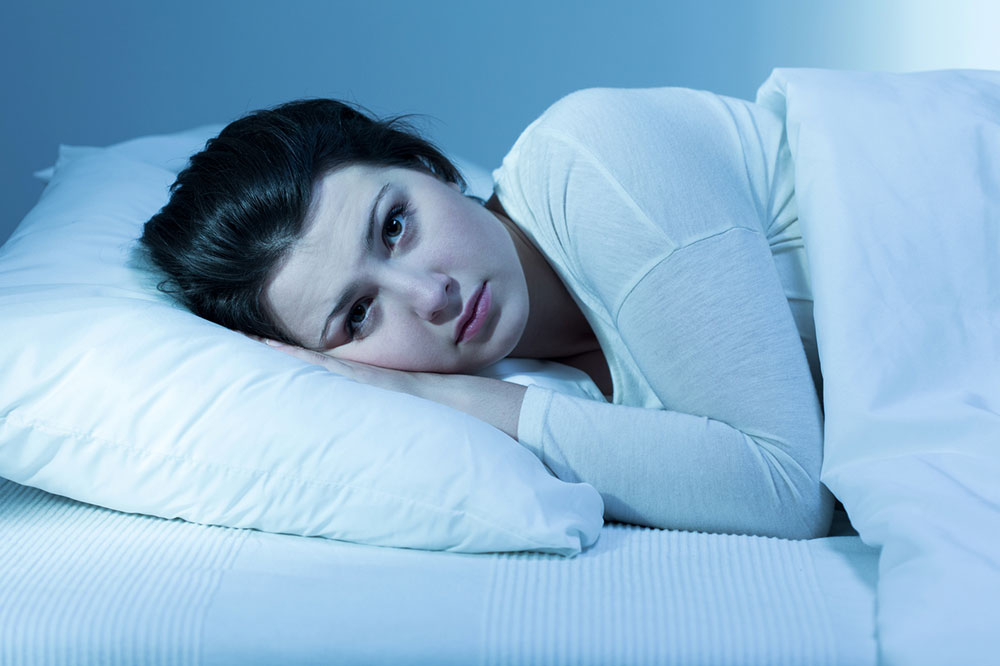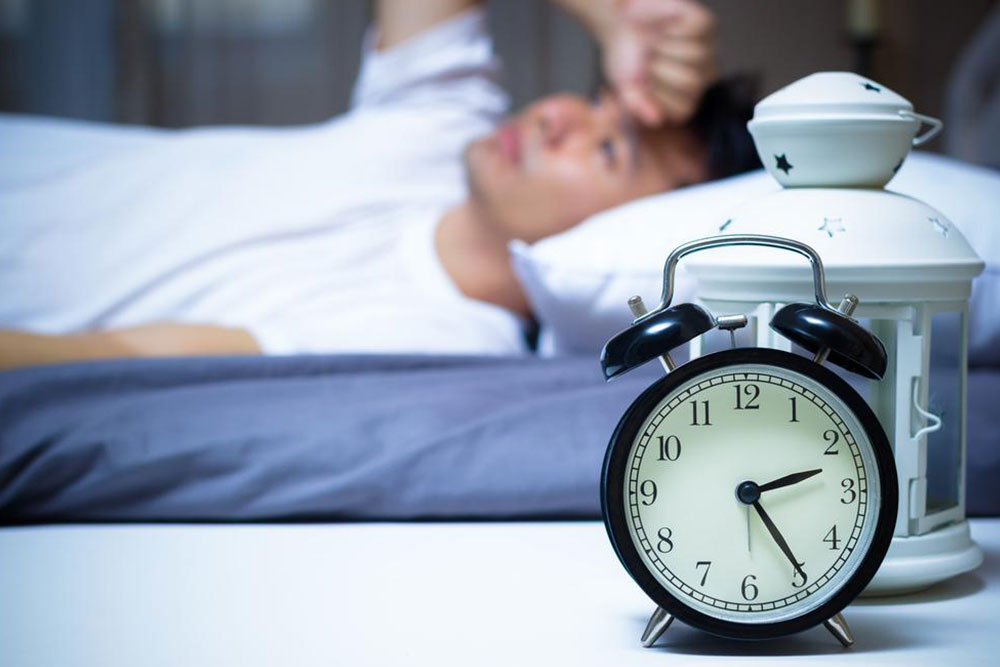Sleep Disorder Symptoms And Types
Sleep is nature’s way of helping the body rest and recover after a day’s activity. Whether you lead an active or a sedentary lifestyle, your body and the various organs that keep you going have to perform their functions on a daily basis.
When you sleep, most of the body’s internal as well as external organs either rest or slow down. It gives the various systems and the organs a chance to rest and get ready for a new day’s activity.
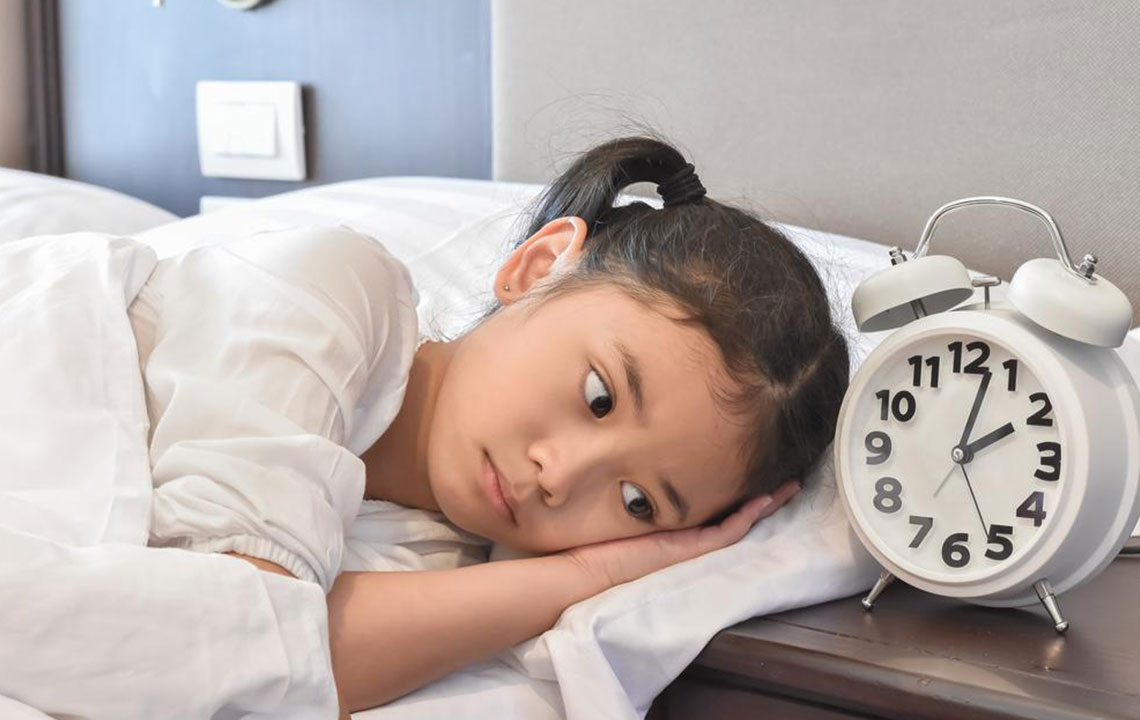
Sleep Disorder Symptoms
There are many types of sleep disorders, and their symptoms might differ. However, certain basic symptoms are common to all sleep disorders. These include:
- Experiencing difficulty in falling asleep at night.
- Tiredness after waking up.
- Feeling irritable and short-tempered.
- Feeling sleepy during the daytime or wanting to take naps.
- Falling asleep while performing an activity like driving.
- Forgetfulness.
- Lack of focus and concentration.
- Unusual behavior while asleep.
- Disturbed sleep, having nightmares, and night time fears.
- Sleepwalking.
- Slowed down reactions during waking hours.
- Feeling the need for stimulants like coffee to stay awake through the day.
If you experience all or some of these symptoms, consult your doctor. They could be signs of a deeper problem. These could also lead to other problems.
Different Sleep Disorders And Their Signs
Based on sleep disorder symptoms, there are a number of sleeping problems, four of the most common are insomnia, sleep apnea, restless leg syndrome, and narcolepsy. You can also experience Circadian Rhythm Sleep Disorders under certain circumstances.
Insomnia
Insomnia is the most common of sleep disorders. One in two people suffers from occasional bouts of insomnia, while a large number of people are victims to chronic insomnia.
Common insomnia symptoms are:
- Finding it hard to fall asleep at night.
- Waking up frequently during the night.
- Waking up very early in the morning than your usual wake-up time.
- Lassitude and fatigue.
- Irritability.
- Lack of energy and concentration to carry out your daily routine.
Obstructive Sleep Apnea (OSA)
Around 20 million Americans are estimated to suffer from this sleep disorder, and many of them may not even realize that they have OSA.
Obstructive Sleep Apnea is a condition where your breathing is disturbed. When you sleep, the soft tissues in your throat may collapse into the airways, blocking the upper respiratory passage. Partial blockage makes you snore. Full blockage of the airways can deprive you of oxygen for a few seconds.
When a full blockage occurs, you stop breathing, and the brain is forced to wake up and send the signals needed to make you start breathing again. In severe cases of OSA, the full blockage can occur several times while you sleep. It prevents the brain and the nervous system from getting enough rest. It also puts a strain on your respiratory system and your heart and could lead to other health problems.
General Signs of Sleep Apnea:
- Snoring.
- Choking and gasping for breath after the blockage clears and you start breathing again.
- Disturbed sleep.
- Tiredness during waking hours.
Restless Leg Syndrome (RLS)
It is a common type of sleep disturbance., around 10% of the population are said to be victims to RLS. It is a nervous disorder.
If you have Restless Leg Syndrome, you are unable to stop moving your legs even while you sleep. You legs feel uneasy. The only way you can get relief is to adjust the position of your legs, so you keep moving them around.
The symptoms of Restless Leg Syndrome are:
- Uneasy sensations in the legs, like throbbing, burning, or itching.
- Disturbed sleep.
- Moving your legs around.
- Tiredness.
Narcolepsy
Narcolepsy is also a neurological disorder. However, it can be more serious than RLS. Your brain loses its ability to control the sleep cycles. Its symptoms include:
- Excessive daytime sleepiness.
- Falling asleep involuntarily, even while you are active.
- Nightmares and vivid dreams.
- Hallucinations when you fall asleep or when you are about to wake up.
- Talking while you are asleep.
- Moving your limbs and acting out dreams while sleeping.
- Sleep paralysis, inability to move or talk when falling asleep or waking.
- Cataplexy and sudden paralysis during waking hours. They are commonly triggered by intense emotions.
Circadian Rhythm Sleep Disorders
These are a set of sleep disorders caused by disturbances in the body’s biological clock. Circadian Rhythm refers to the body’s internal 24-hour clock. Light and darkness usually guide it. When the body is functioning normally, you get a good night’s sleep and are active during the daytime.
However, certain people experience a disruption in this natural rhythm, like shift workers, pregnant women, and those who have traveled to a different time zone. Its symptoms include:
- Inability to adjust to proper sleep patterns – nighttime sleep and daytime wakefulness.
- Disturbed sleep.
- Inability to stay alert and active during waking hours.
- Falling asleep late and waking up late.
- Falling asleep earlier than usual and waking up early.
- Blind people can be affected by Non-24-Hour Sleep disorder which is characterized by sleep deprivation, and difficulty falling asleep at night.
Most sleep disorders symptoms can respond quickly to treatments. However, some conditions like sleep apnea and narcolepsy might require more medical attention than others.
